Warning: Illegal string offset 'source_type' in /home/mychutej/public_html/blog/wp-content/plugins/egany-facebook-to-wp/egany_facebook_to_wordpress.php on line 1099
Antimicrobial resistance is a global health emergency that will seriously jeopardize progress in modern medicine.
A report launched yesterday by the World Health Organization (WHO) shows a serious lack of new antibiotics under development to combat the growing threat of antimicrobial resistance.
Most of the drugs currently in the clinical pipeline are modifications of existing classes of antibiotics and are only short-term solutions. The report found very few potential treatment options for those antibiotic-resistant infections identified by WHO as posing the greatest threat to health, including drug-resistant tuberculosis which kills around 250 000 people each year.
Related Article: WHO Releases List of 12 Drug-Resistant Bacteria That Pose Health Risk
“Antimicrobial resistance is a global health emergency that will seriously jeopardize progress in modern medicine,” says Dr. Tedros Adhanom Ghebreyesus, Director-General of WHO. “There is an urgent need for more investment in research and development for antibiotic-resistant infections including TB, otherwise we will be forced back to a time when people feared common infections and risked their lives from minor surgery.”
In addition to multidrug-resistant tuberculosis, WHO has identified 12 classes of priority pathogens – some of them causing common infections such as pneumonia or urinary tract infections – that are increasingly resistant to existing antibiotics and urgently in need of new treatments.
Related Article: Today, A Disease-Free World is Possible
“Pharmaceutical companies and researchers must urgently focus on new antibiotics against certain types of extremely serious infections that can kill patients in a matter of days because we have no line of defence,” says Dr Suzanne Hill, Director of the Department of Essential Medicines at WHO.
To counter this threat, WHO and the Drugs for Neglected Diseases Initiative (DNDi) set up the Global Antibiotic Research and Development Partnership (known as GARDP).
New treatments alone, however, will not be sufficient to combat the threat of antimicrobial resistance. WHO works with countries and partners to improve infection prevention and control and to foster appropriate use of existing and future antibiotics. WHO is also developing guidance for the responsible use of antibiotics in the human, animal and agricultural sectors.
Source: World Health Organization
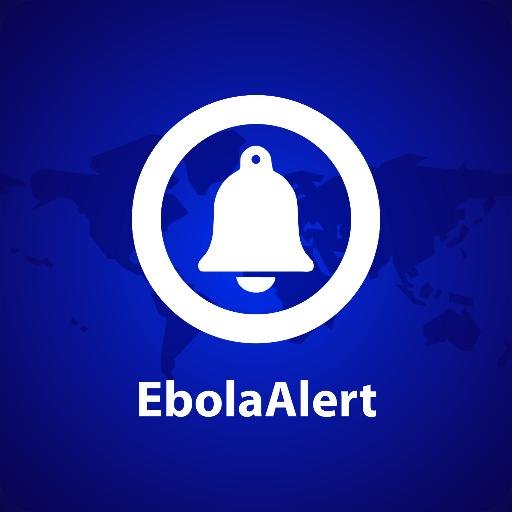
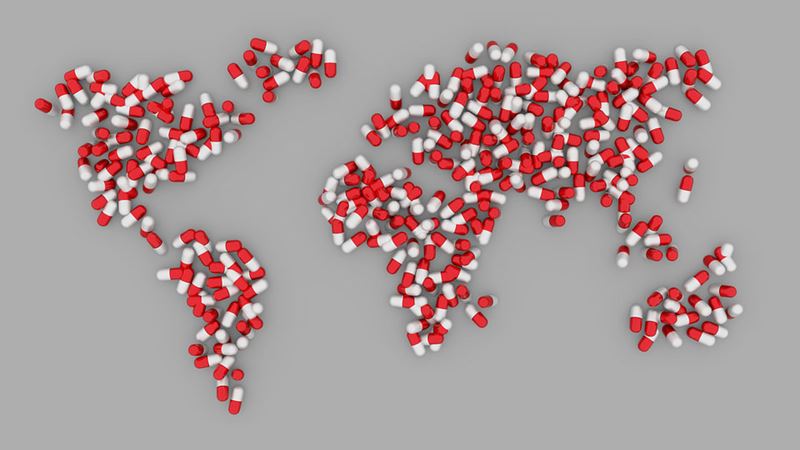

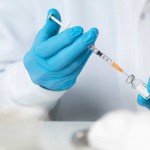
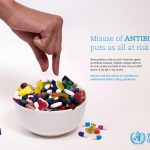
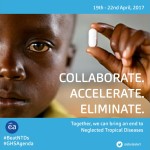







Leave a Reply